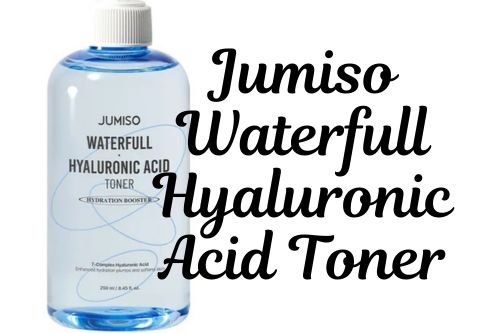Everything about Amino acid for skin
Understanding Amino Acids
Definition: Amino acids are organic compounds that serve as the building blocks of proteins and peptides, playing a vital role in skin and overall health.
Types:
- Essential Amino Acids (9 total): These must be obtained from food, as the body cannot produce them. Essential amino acids include histidine, leucine, and lysine. They are commonly found in animal proteins and some plant-based foods like quinoa and soy.
- Non-Essential Amino Acids (11 total): These can be produced by the body, meaning you don’t need to obtain them from your diet. Examples of non-essential amino acids include arginine and glycine.
The Best Amino Acids for Skin
When it comes to maintaining healthy, youthful skin, amino acids play a crucial role. These organic compounds are the building blocks of proteins and are essential for various skin functions, including hydration, repair, and protection. Here’s a closer look at some of the best amino acids for your skin:
| Amino Acid | Benefits |
|---|---|
| Arginine | Restores visible skin damage and promotes collagen production for elasticity. |
| Histidine | Soothes irritated skin and offers antioxidant protection against free radicals. |
| Methionine | Protects the skin from harmful substances and aids in detoxification. |
| Lysine | Strengthens the skin’s surface and improves moisture retention. |
| Proline | Supports collagen synthesis and reduces the appearance of fine lines. |
| Leucine | Promotes overall skin health and rejuvenation. |
| Glycine | Contributes to collagen production and helps minimize wrinkles. |
Incorporating products rich in these amino acids can significantly enhance your skincare routine, leading to healthier, more resilient skin. Whether you’re looking to repair damage, soothe irritation, or reduce the signs of aging, these amino acids offer a powerful solution for a radiant complexion.
Benefits of Amino Acids for Skin
・Hydration & Smoothness: Amino acids play a crucial role in maintaining skin hydration and smoothness by working in harmony with the skin’s natural moisturizing factors (NMFs). They help bind moisture to the skin, ensuring it remains plump and supple.
・Antioxidant Support: Certain amino acids contribute to the skin’s ability to produce antioxidants, which bolster its natural defenses against environmental damage such as pollution and UV exposure. This support helps protect the skin from oxidative stress, which can lead to premature aging.
・Collagen Production: Amino acids are vital for collagen synthesis, particularly when they are formed into peptides. Collagen is essential for maintaining skin firmness and elasticity, making amino acids important for achieving a youthful appearance.
・Anti-Aging Effects: By protecting the skin from environmental aging factors, amino acids help improve the appearance of fine lines and wrinkles. Their hydrating properties also contribute to a smoother, more youthful complexion, making them a valuable addition to any skincare routine.
How to Use Amino Acids
Product Formats: When incorporating amino acids into your skincare routine, look for products like moisturizers, serums, and eye creams that contain these beneficial compounds. These formats are particularly effective because amino acids are best absorbed in leave-on products, allowing for maximum benefits throughout the day.
Dietary Sources: To further enhance skin health, consider including amino acids through your diet. Foods rich in amino acids, such as lean meats, fish, eggs, dairy, legumes, nuts, and seeds, can contribute to overall skin vitality from the inside out.
Daily Use: Amino acids are safe for daily application on all skin types. They are especially beneficial for those with dry or sensitive skin, providing hydration, soothing properties, and support for the skin barrier. Incorporating amino acids into your routine can lead to noticeable improvements in skin texture and appearance.
Safety and Efficacy
Safety: Amino acids are considered safe for topical use, with no significant reported side effects. This makes them suitable for a wide range of skin types, including sensitive skin.
Efficacy: Amino acids not only provide direct benefits to the skin but also work effectively with other skincare ingredients. They complement the effects of peptides, antioxidants, and omega fatty acids, enhancing overall skin health. By incorporating amino acids into your skincare routine, you can enjoy a synergistic effect that promotes a radiant, healthy complexion.














Post Comment